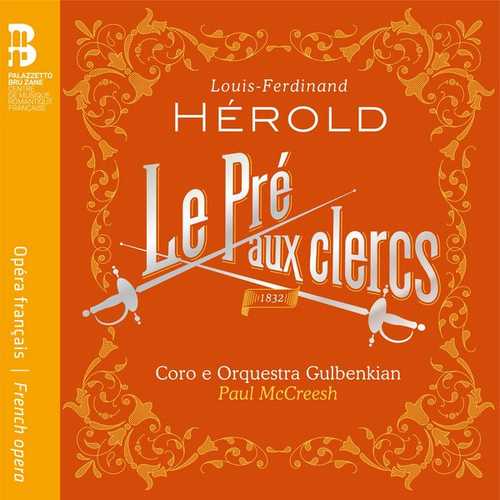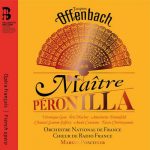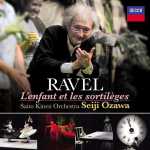

Composer: Louis Joseph Ferdinand Hérold
Performer: Manuel Rebelo, Jeanne Crousaud, Tiago Batista, Christian Helmer, Nuno Gonçalo Fonseca, Michael Spyres, Éric Huchet, Leandro César, Emiliano Gonzalez Toro, Marie Lenormand, Marie-Eve Munger, Coro Gulbenkian
Orchestra: Gulbenkian Orchestra
Conductor: Paul McCreesh
Number of Discs: 2
Format: FLAC (tracks)
Label: Bru Zane
Catalogue: ES1025RSK
Release: 2016
Size: 1.14 GB
Recovery: +3%
Scan: yes
Le pré aux clercs
CD 01
01. Ouverture
Acte I
02. Scène 1: No. 1, Introduction “Ah ! Quel beau jour de fête”
03. Scène 2: Dialogue “Ah ! Reposons-nous”
04. Scène 2: No. 2, Duo “Les rendez-vous de noble compagnie”
05. Scène 3: Dialogue “Holà ! ho !”
06. Scène 4: No. 3, Air “Ce soir j’arrive donc”
07. Scène 5: Dialogue “Ah les chiens !”
08. Scènes 6, 7 & 8: No. 4, Morceau d’ensemble “Allons ! Dressons la table !”
09. Scènes 9, 10 & 11: Dialogue “Quelle rencontre inattendue !”
10. Scène 12: No. 5, Final “À la Navarre”
Acte II
11. Scène 1: No. 6, Entracte et air “Jours de mon enfance”
12. Scène 2: Dialogue “Mauvaises nouvelles”
13. Scène 3: No. 7, Trio “Vous me disiez sans cesse”
14. Scènes 4 & 5: Dialogue “Je sens les gouttes d’eau”
CD 02
Acte II
01. Scènes 6 & 7: No. 8, Mascarade “Ah ! Quel plaisir !”
02. Scène 8: No. 8, Mascarade (Suite) “L’ambassadeur de Navarre !”
03. Scènes 9, 10, 11 & 12: Dialogue “Le Roi les mander ensemble”
04. Scènes 13 & 14: No. 9, Final “Tout est dit”
05. Scène 15: No. 9, Final (Suite) “Je suis prisonnière”
Acte III
06. Scène 1: No. 10, Chœur, morceau d’ensemble “Que j’aime ces ombrages”
07. Scène 1: No. 10 (Suite), Ronde “À la fleur du bel âge”
08. Scène 2: Dialogue “Eh bien !”
09. Scène 3: No. 11, Trio “C’en est fait !”
10. Scènes 4 & 5: Dialogue “Ah ! les voilà”
11. Scènes 6, 7 & 8: No. 12, Final “Je frémis !”
12. Scène 9: No. 12 Final (Suite), “Nargue de la folie”
With Le Pré aux clercs, premiered at the Opéra-Comique in 1832, Louis-Ferdinand Hérold wrote at once his biggest success and his last opera (he died three weeks after the first performance).
From the Overture to the Act III finale, the simplicity of the vocal lines, the impact of the dramatic effects and the effectiveness of the choral writing testify to the flowering of Romanticism and the composer’s assimilation of Rossini, then the paragon of modernity. Following the July Revolution of 1830, it was time to exorcise unfortunate memories: as was its habit, the Paris operatic world did not treat the topic of politics directly but through the fratricidal conflict that began on St Bartholomew’s Day (25 August 1572).
The basis for the libretto was a novel by Prosper Mérimée published in 1829, Chronique du règne de Charles IX. The immense success of the opera, virtually contemporary with Meyerbeer’s Les Huguenots, shows that it was perfectly in tune with the preoccupations of the time – and with the new ambitions of a supposedly ‘light’ genre…



